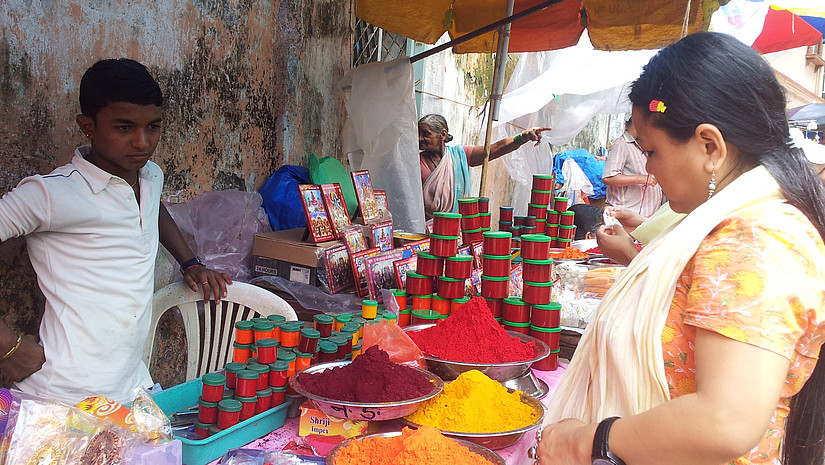Peri-Urban Regions of Accra and Bangalore
Main Research Questions
- How have the economic activities undertaken by households in the peri-urban regions changed as a result of the regional transformation, and what economic activities have been the most beneficial both from an economic as well as an environmental standpoint?
- How have the sources of funds, the status of financial inclusion and the access to credit among peri-urban households changed considering the changes in their economic status (such as increased incomes and changing patterns of economic activity) as well as the regional economic status (such as higher property values granting more collateral, increased creditworthiness in the eyes of banks)?
- In what ways have changes in the social status of workers in peri-urban areas taken place and what was their impact on the workers’ well-being, due to the changing nature of their income-generating activities?
Abstract
The transition from rural to peri-urban has resulted in the development of strong linkages between the peri-urban and urban regions in many cities of the world. The project will look at two exceptionally fast-expanding cities: Accra in Ghana and Bangalore in India. These linkages create a potential for development and increased incomes among previously rural residents. Harnessing this potential, however, requires investments into specific non-farm activities and businesses. It can also lead to the degradation of farmland, in Accra for example through sand mining. Both the knowledge of the correct businesses as well as the capital required for investment are often lacking. In this regard, the provision of credit is crucial. The case of peri-urban zones is interesting in that it is characterized by significant increases in real estate prices, which grants residents in this area more valuable collateral in order to avail loans. This is bolstered by a greater perception of creditworthiness by banks among these populations owing to their proximity to markets and financial institutions. The project aims at identifying the restructuring of economic activities in the peri-urban zones, its impact on financial inclusion and on the social status of people in these zones.
Therefore, the aims of the research are:
- To examine the changes in economic activity undertaken by households in the peri-urban regions as a result of this regional transformation, and to further identify those economic activities that have been the most beneficial both from an economic as well as an environmental standpoint. In the case of Accra a special focus will be on the impact of sand mining on farmers’ livelihood.
- To analyze the changes in sources of funds and status of financial inclusion and access to credit among peri-urban households owing to changes in their economic status (such as increased incomes and changing patterns of economic activity) as well as the regional economic status (such as higher property values granting more collateral, increased creditworthiness in the eyes of banks)
- To identify the changes in social status of workers in peri-urban areas and its impact on their wellbeing, due to changing nature of their income generating activities.
While access to credit is not directly part of the decent work agenda, access to credit is important for the decent work goal of employment creation. The downgrading of a person’s social status can lead to considerable personal stress.
Outcome
- Workshop in Kassel, Germany
- Global Convention of Bank Unions on "Structural Transformations in the Banking Sector under Globalization and Trade Union Responses" in Kerala, India

